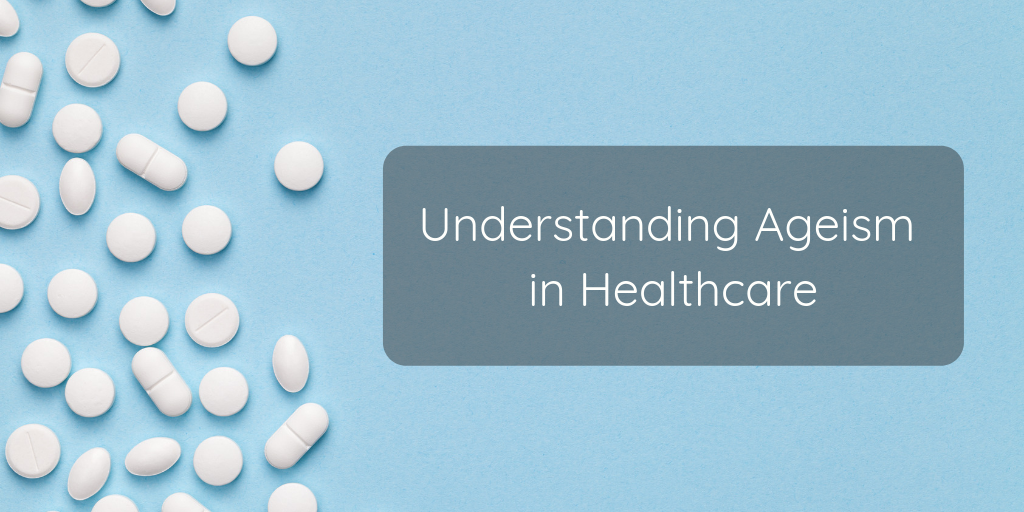
Healthcare is a central piece in the puzzling journey of a happy and healthy life. We all require quality medical care for everything from stitches to chronic disease, and each life stage brings new issues that require unique forms of care. With older age, one might begin to feel the strain of strenuous activities or require more frequent check-ups to maintain sound health.
While these concerns are normal, they may receive inadequate medical attention.
We commonly think of ageism in terms of media and workplace issues, but ageist attitudes can also manifest in healthcare. Geriatric medicine, the branch of medicine focusing on seniors’ medical care, has become a much less popular specialty throughout the years, despite the rapidly growing older population. While medical school rotations almost universally require pediatric and gynecological rotations, it has been reported that only 27% of medical schools require a geriatrics rotation. This means that 73% of medical school students are not gaining the experience or inspiration to passionately care for older adults.
The growing shortage in geriatric specialists likely stems from negative stereotypes surrounding older adults. Medical providers may view seniors’ cases as less interesting or rewarding than others, simply because they lack sufficient exposure to the vastly complex issues that older adults can face. In healthcare, the generalization of older adults’ experiences and issues can lead to inadequate treatment of medical concerns.
What is important to remember, both for medical providers and individuals of any age, is the unique nature of every person’s experiences, needs and medical history. While it is true there are medical issues common to seniors, the same could be said for children and middle-aged adults. Older adults’ problems are just as worthy of individualized attention and proper diagnosis.
So how can we help?
Firstly, remember to recognize everyone’s value at each stage of life: reject the notion that because someone is older it is okay to be depressed, isolated or in acute pain. While we must accept some of the changes that come with aging, there are services available to sustain a joyful community and active life.
Engaging with those around us is also essential. Ask medical providers questions, give what you can to research and nonprofits that fund senior services, and interact with those from other generations. Although ageist attitudes are common, they are usually unintentional. By educating and advocating through your own example, you are helping those around you grow and improve.
As the aging population increases, so does the need for awareness and action. By the end of next year, it is projected that there will be more adults over the age of 65 than school-age children in Minnesota. Resisting aging as a “problem” is no longer productive; rather, we should be embracing it as normal life progression.
Each of us has a stake in improving care for older adults. When we advocate for adequate care and resources for older adults, we also advocate for ourselves. We all age, and the compassion we have for seniors now is simultaneously consideration for all of our well-being.
by CEO Deb Taylor



